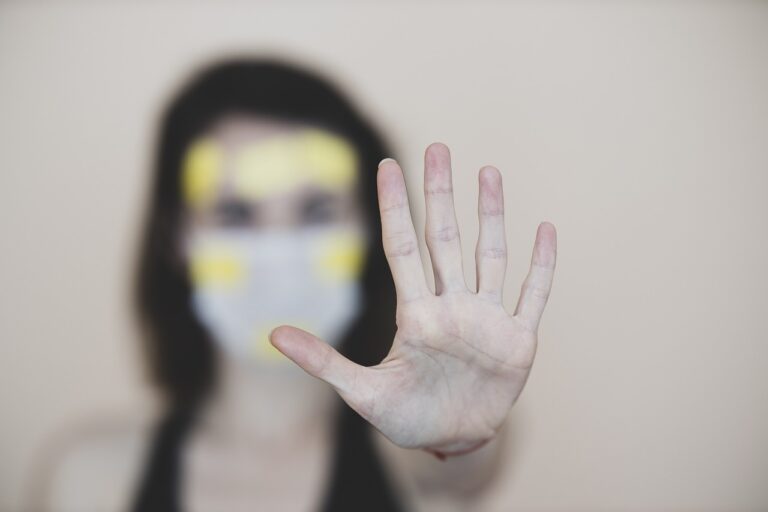The Role of Alternative Therapies in Mental Health
Holistic approaches in mental health focus on treating the individual as a whole, taking into consideration their physical, emotional, and spiritual well-being. By addressing all aspects of a person’s life, holistic therapies aim to promote overall balance and harmony, leading to improved mental health outcomes. This comprehensive approach can help individuals better understand the root causes of their mental health issues and develop personalized treatment plans that suit their unique needs.
Incorporating practices such as mindfulness, yoga, nutrition, and energy healing, holistic approaches empower individuals to play an active role in their healing journey. By encouraging self-care practices and promoting a healthy lifestyle, holistic therapies not only alleviate symptoms but also foster long-term mental well-being. Emphasizing the interconnectedness of mind, body, and spirit, holistic approaches offer a holistic and integrative approach to mental health that supports individuals in achieving emotional, psychological, and spiritual balance.
Mind-Body Connection in Alternative Therapies
Alternative therapies that focus on the mind-body connection are gaining recognition in the field of mental health. These therapies view the mind and body as interconnected and believe that healing one can positively impact the other. Techniques such as yoga, meditation, and tai chi emphasize the importance of calming the mind to promote physical well-being.
The mind-body connection plays a vital role in managing stress and anxiety. By practicing mindfulness and deep breathing exercises, individuals can learn to regulate their emotions and reduce the physical symptoms associated with mental health conditions. This integrated approach to healing offers a holistic way to address mental health concerns and improve overall well-being.
Types of Alternative Therapies for Mental Health
Alternative therapies for mental health encompass a wide range of approaches that focus on healing the mind and body holistically. Some popular types of alternative therapies include acupuncture, which involves the insertion of thin needles into specific points on the body to restore energy flow and promote relaxation. This ancient Chinese practice has been shown to help alleviate symptoms of anxiety, depression, and PTSD.
Another widely-used alternative therapy is mindfulness meditation, which involves paying attention to the present moment without judgment. By practicing mindfulness regularly, individuals can increase their self-awareness, reduce stress, and improve their overall mental well-being. This technique has been found to be effective in managing various mental health conditions such as bipolar disorder, OCD, and eating disorders.





